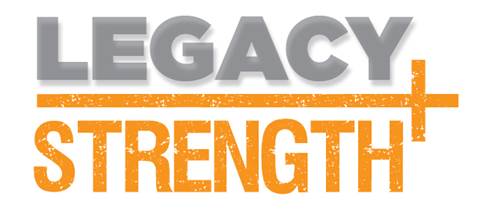I just got through this book, and all I can say is WOW! The book is written by Michael Pollan who writes for the NY Times – the book goes through a History of Four Meals and actually describes in detail where the food came from, how the animals were treated, what it tasted like, and what the experience of each meal was like.He literally goes through the entire history of a meal from McDonald’s, to a meal from Whole Foods, to a meal from a farm, to hunting his own food.
One of the main lessons are how big of a problem corn is in our everyday diets. Corn is in everything. Probably about 90% of the foods on grocery store shelves contail corn or some drivative of it –
- High fructose corn syrup
- Corn flour
- Corn starch
- Buttcrack
- Corn gluten
- Dextrin/maltodextrin,
- Xanthan gum
He describes in detail how the beef and chickens we eat are fed a corn based diet in order to fatten them up. Hmmmm . . . corn based diet to fatten you up??? . . .
Kellogs wouldn’t do that to us? Right? We trust them too much! . . . right, go ahead eat 2 bowls of Special K a day, lets see what happens ~
Michael Pollan gives a complete and utterly fascinating review of our dependance on corn, and the negative consequences we suffer from it. Here is an eye opening excerpt from the book:
Grain is the closest thing in nature to an industrial commodity: storable, portable, fungible, ever the same today as it was yesterday and will be tomorrow. Since it can be accumulated and traded, grain is a form of wealth. It is a weapon, too, as Earl Butz once had the bad taste to mention in public; the nations with the biggest surpluses of grain have always exerted power over the ones in short supply. Throughout history governments have encouraged their farmers to grow more than enough grain, to protect against famine, to free up labor for other purposes, to improve the trade balance, and generally to augment their own power. George Naylor is not far off when he says the real beneficiary of his crop is not America’s eaters but its military-industrial complex. In an industrial economy, the growing of grain supports the larger economy: the chemical and biotech industries, the oil industry, Detroit, pharmaceuticals (without which they couldn’t keep the animals healthy in CAFOs), agribusiness, and the balance of trade. Growing corn helps drive the very industrial complex that drives it. No wonder the government subsidizes it so lavishly.
You cannot say any of these things about grass. The government writes no subsidy checks to grass farmers. Grass farmers, who buy little in the way of pesticides and fertilizers (none, in the case of Joel Salatin), do little to support agribusiness or the pharmaceutical industry or big oil. A surplus of grass does nothing for a nation’s power or its balance of payments. Grass is not a commodity. What grass farmers grow can’t be easily accumulated, traded, transported, or stored, at least for very long. Its quality is highly variable, different from region to region, season to season, even farm to farm; there is no number 2 hay. Unlike grain, grass can’t be broken down into its constituent molecules and reassembled as value-added processed foods; meat, milk, and fiber is about all you can make out of grass, and the only way to do that is with a living organism, not a machine. Grass farming with skill involves so many variables, and so much local knowledge, that it is difficult to systematize. As faithful to the logic of biology as a carefully grazed pasture is, it meshes poorly with the logic of industry, which has no use for anything it cannot bend to its wheels and bottom line. And, at least for the time being, it is the logic of industry that rules.
Now don’t get me wrong, I am not saying not enjoy some sweet corn on the cob bbq’d on the grill. I am saying that if your diet is extremely high in processed foods, then you have to watch out, learn what is in your food, and where it is coming from. This book will make you ten times more informed as a consumer than you ever imagined, and will completely change the way you look at food.
Give it a read!
Stay strong, and inform yourself,
Joey





